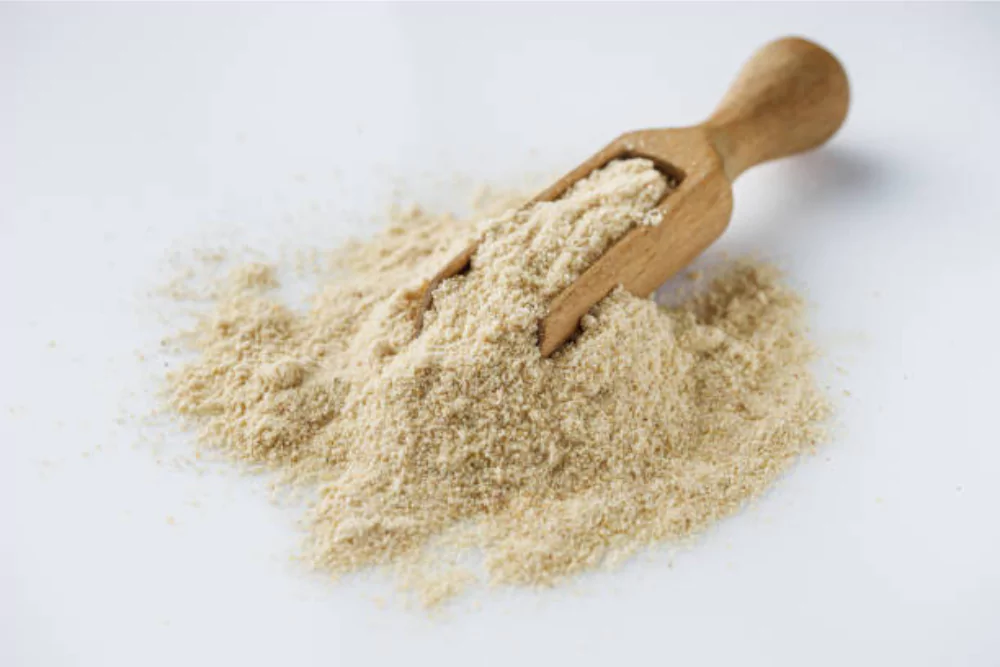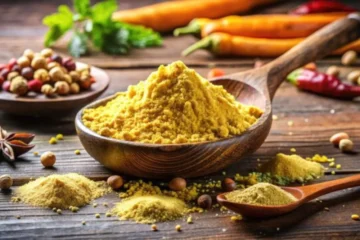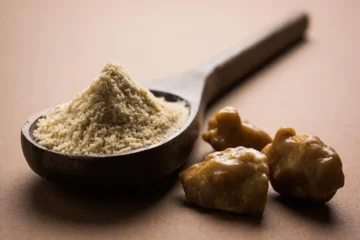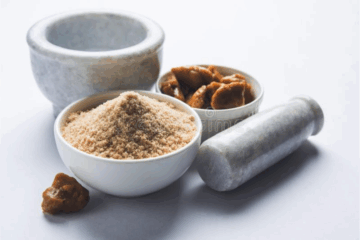What compounds are responsible for the strong smell of hing?
Short Answer: The strong smell of hing is primarily due to sulfur compounds, such as ferulic acid and sulfur-containing volatile oils.
Long Answer:
- Ferulic Acid: Hing contains ferulic acid, which contributes to its distinctive odor.
- Sulfur-Containing Volatile Oils: These oils, including compounds like disulfides and trisulfides, are responsible for the pungent smell.
- Asafoetida Resin: The resin extracted from the plant roots contains these sulfur compounds, creating the strong smell.
- Compounds Breakdown: Upon exposure to air or heat, these compounds break down and release the characteristic pungent aroma.
- Additional Compounds: Other minor compounds such as pinene and cadinene also play a role in the overall scent profile of hing.
Is the pungent smell of hing an indicator of its quality or freshness?
Short Answer: Yes, the strong smell of hing can indicate its quality and freshness.
Long Answer:
- Freshness: Fresh hing will have a more potent and pungent smell compared to older, degraded hing.
- Quality: High-quality hing is likely to have a strong, distinct smell due to the concentration of sulfur compounds.
- Storage: Proper storage in an airtight container can preserve the pungency and indicate freshness when opened.
- Degradation: Over time, the compounds responsible for the smell can degrade, reducing the pungency and indicating lower quality.
- Origin: The source of the hing can also influence its quality. For example, hing from certain regions may have a stronger smell due to different soil and climate conditions.
How can I reduce the strong smell of hing when cooking?
Short Answer: To reduce the strong smell of hing when cooking, use it sparingly and cook it with oil or ghee to mellow the aroma.
Long Answer:
- Use Sparingly: A small pinch of hing is often enough to impart its flavor without overwhelming the dish.
- Cook with Oil or Ghee: Frying hing in oil or ghee helps to mellow its strong aroma and blend it into the dish.
- Combine with Other Spices: Mixing hing with other spices can balance its pungent smell.
- Proper Storage: Storing hing in an airtight container reduces its potency when exposed.
- Alternative Forms: Using compound hing or hing powder instead of raw hing can reduce its pungency while still providing the desired flavor.
Are there any health benefits associated with the strong-smelling compounds in hing?
Short Answer: Yes, the strong-smelling compounds in hing have several health benefits, including digestive aid, anti-inflammatory properties, and antimicrobial effects.
Long Answer:
- Digestive Aid: Hing is known for its ability to reduce bloating and promote digestion.
- Anti-Inflammatory: The sulfur compounds in hing have anti-inflammatory properties, helping to reduce inflammation.
- Antimicrobial: Hing’s strong-smelling compounds have antimicrobial effects, fighting harmful bacteria and viruses.
- Respiratory Health: It can help alleviate respiratory issues such as asthma and bronchitis.
- Pain Relief: Hing has been used in traditional medicine for its potential pain-relieving properties.
- Rich in Nutrients: Hing contains essential nutrients such as iron, calcium, and antioxidants, contributing to overall health.
Can the pungent smell of hing be harmful or cause allergies?
Short Answer: In some cases, the pungent smell of hing can cause allergic reactions or irritation in sensitive individuals.
Long Answer:
- Allergic Reactions: Some individuals may experience allergic reactions such as skin rashes, itching, or respiratory issues when exposed to hing.
- Irritation: The strong smell of hing can cause irritation to the eyes, nose, or throat in sensitive individuals.
- Moderation: Using hing in moderation can help minimize the risk of adverse reactions.
- Consult a Professional: Individuals with known allergies should consult a healthcare professional before using hing.
- Storage and Handling: Proper storage and handling of hing can reduce the likelihood of irritation or allergic reactions.
Conclusion
The strong smell of hing is attributed to its sulfur compounds, which also provide health benefits such as aiding digestion and reducing inflammation. While its pungency can indicate quality and freshness, it may cause irritation or allergies in sensitive individuals. By using hing sparingly and cooking it properly, its aroma can be balanced and its benefits enjoyed without overwhelming the senses. Understanding the science behind hing’s pungency can help you appreciate its unique qualities and use it effectively in your culinary creations.
Hing, or asafoetida, is more than just a spice with a strong smell; it is a treasure trove of health benefits and culinary potential. Its distinctive aroma and flavor can elevate a dish, providing a depth of taste that few other spices can match. Despite its initial pungency, when used correctly, hing can become an indispensable part of your kitchen, adding not just flavor, but also potential health benefits to your meals.





